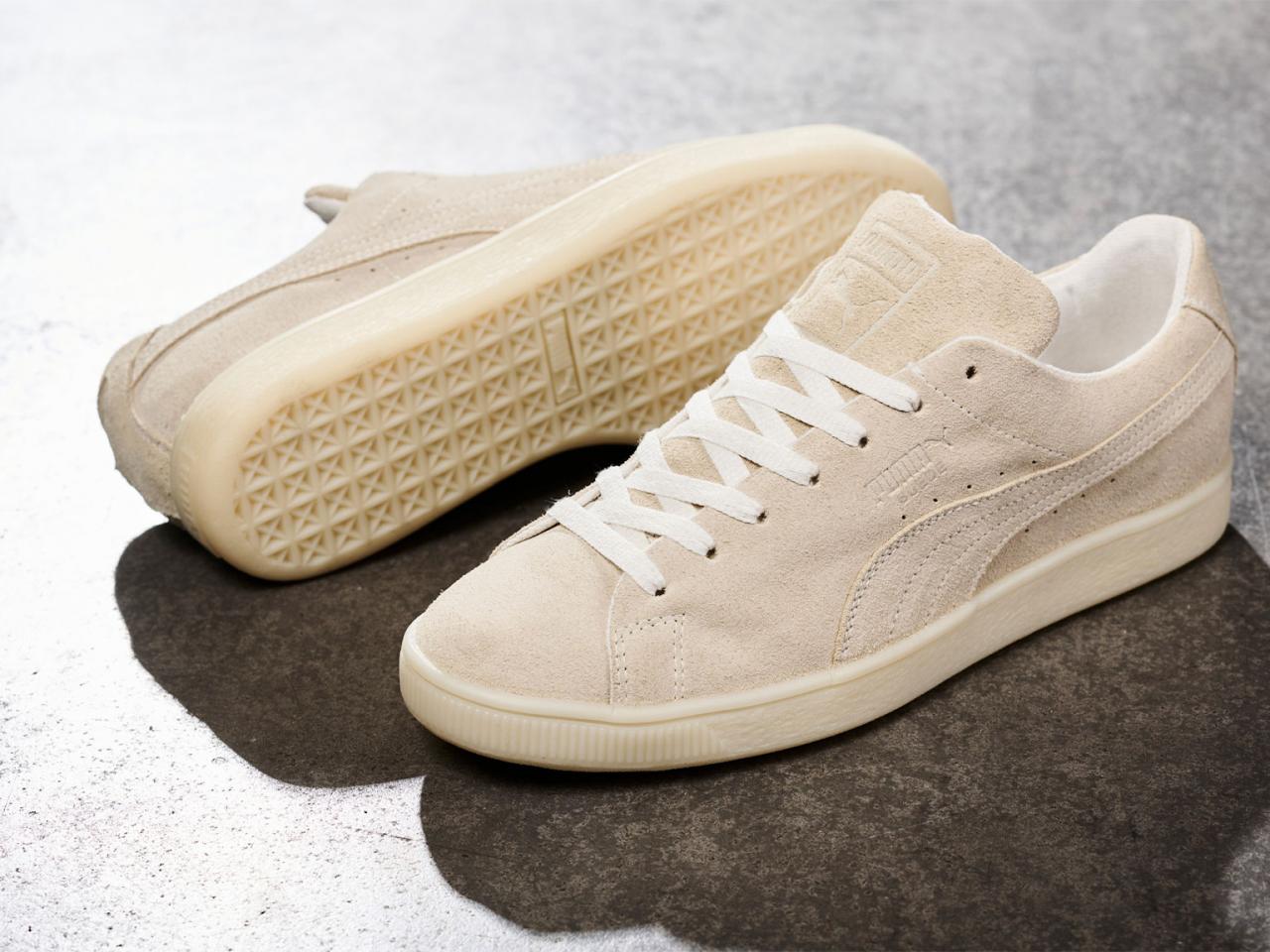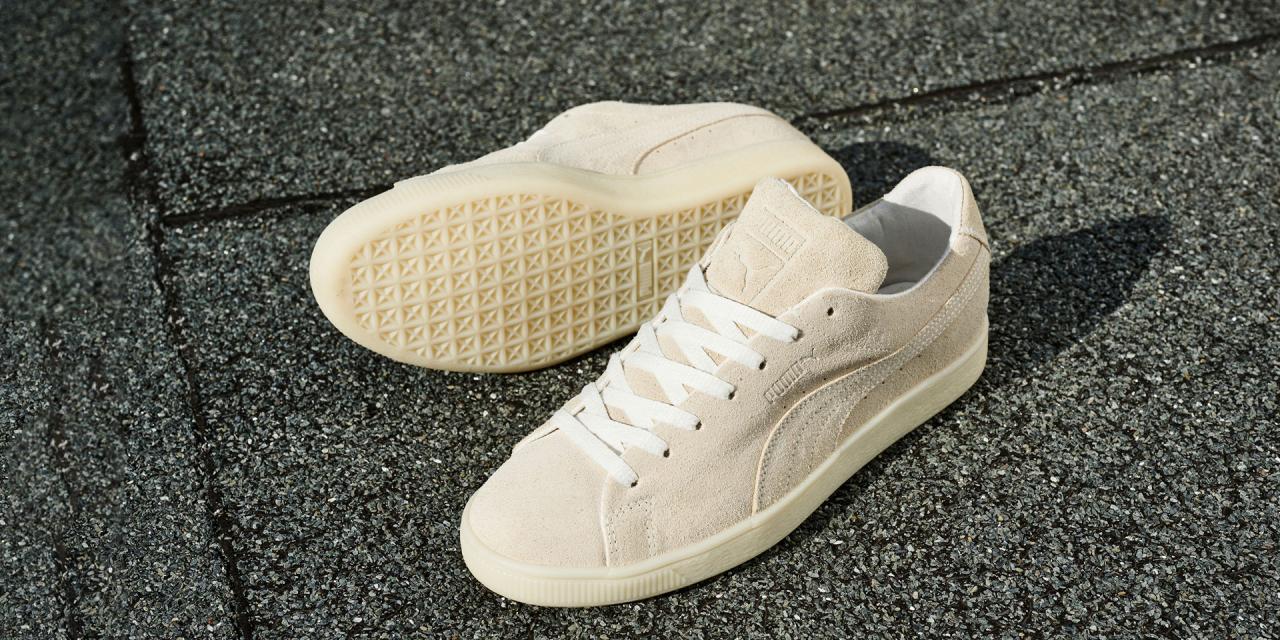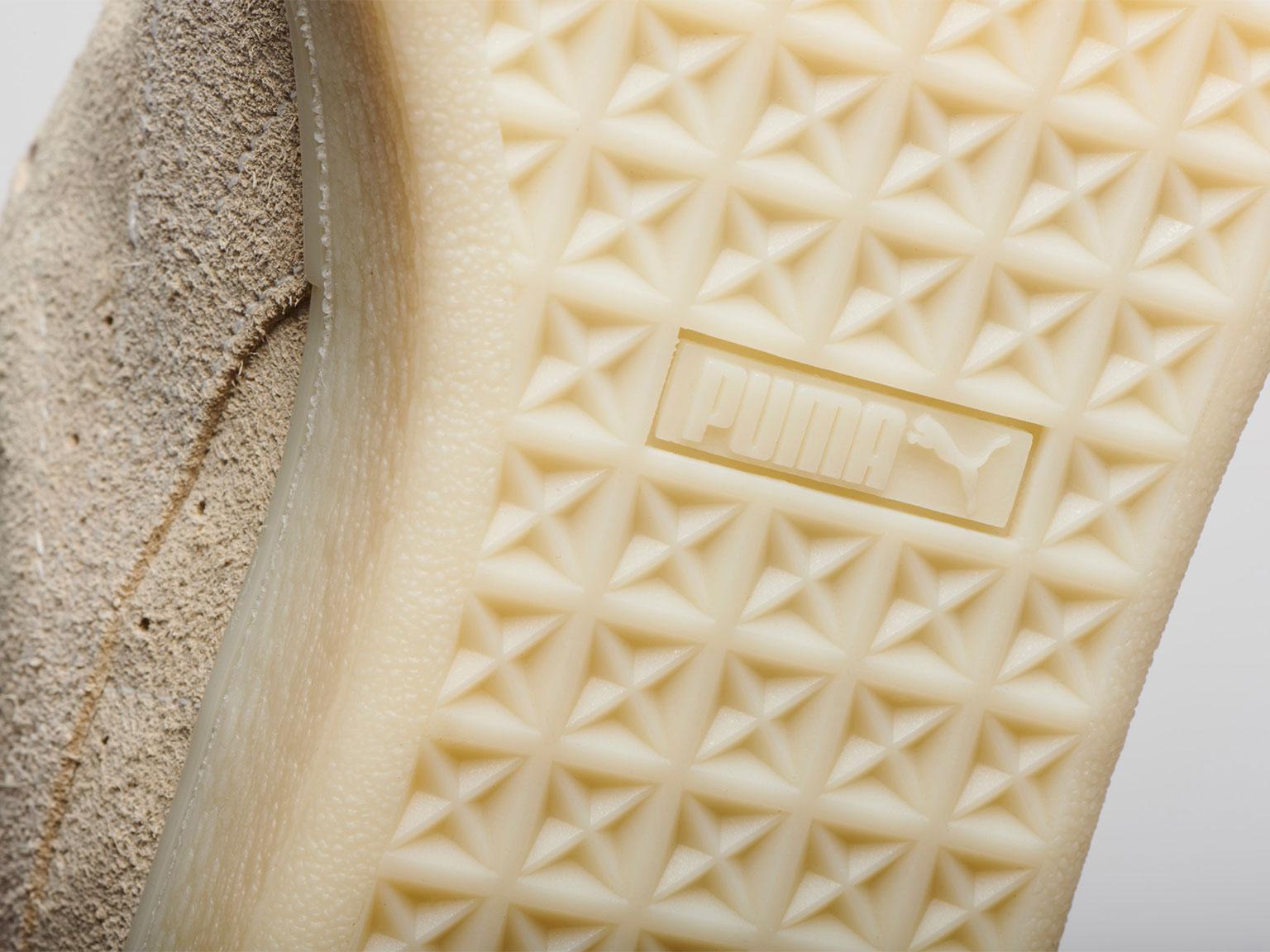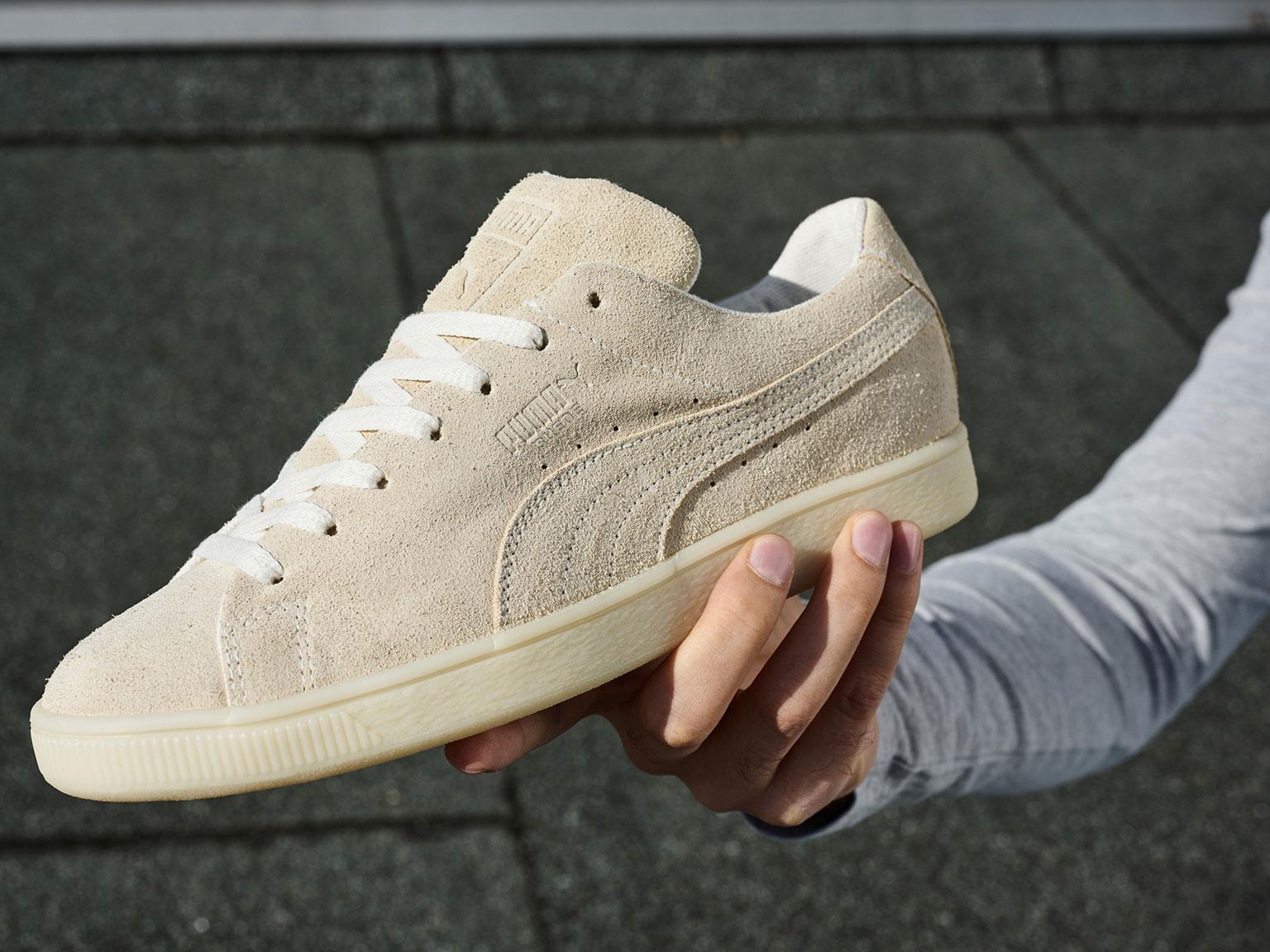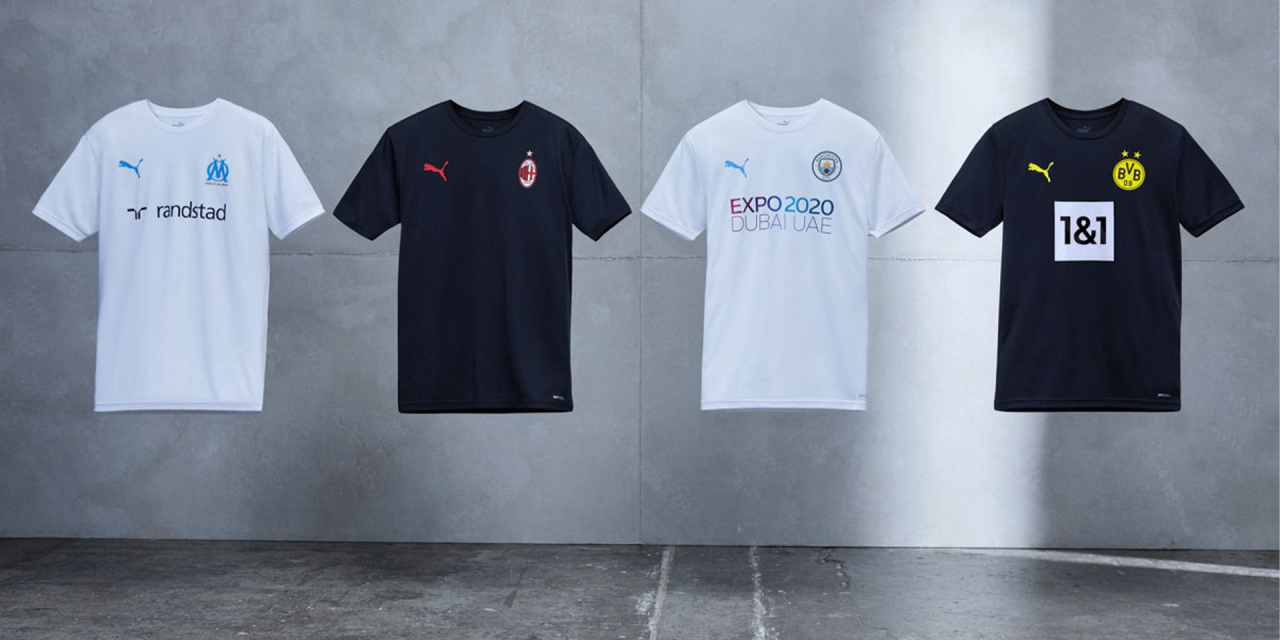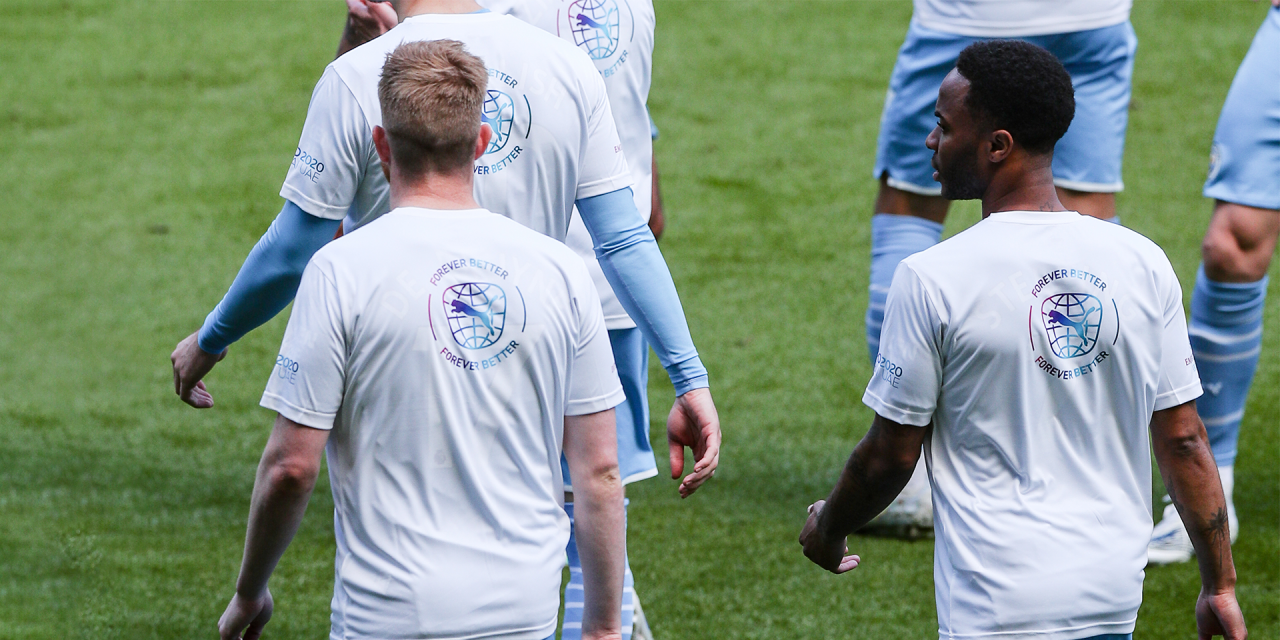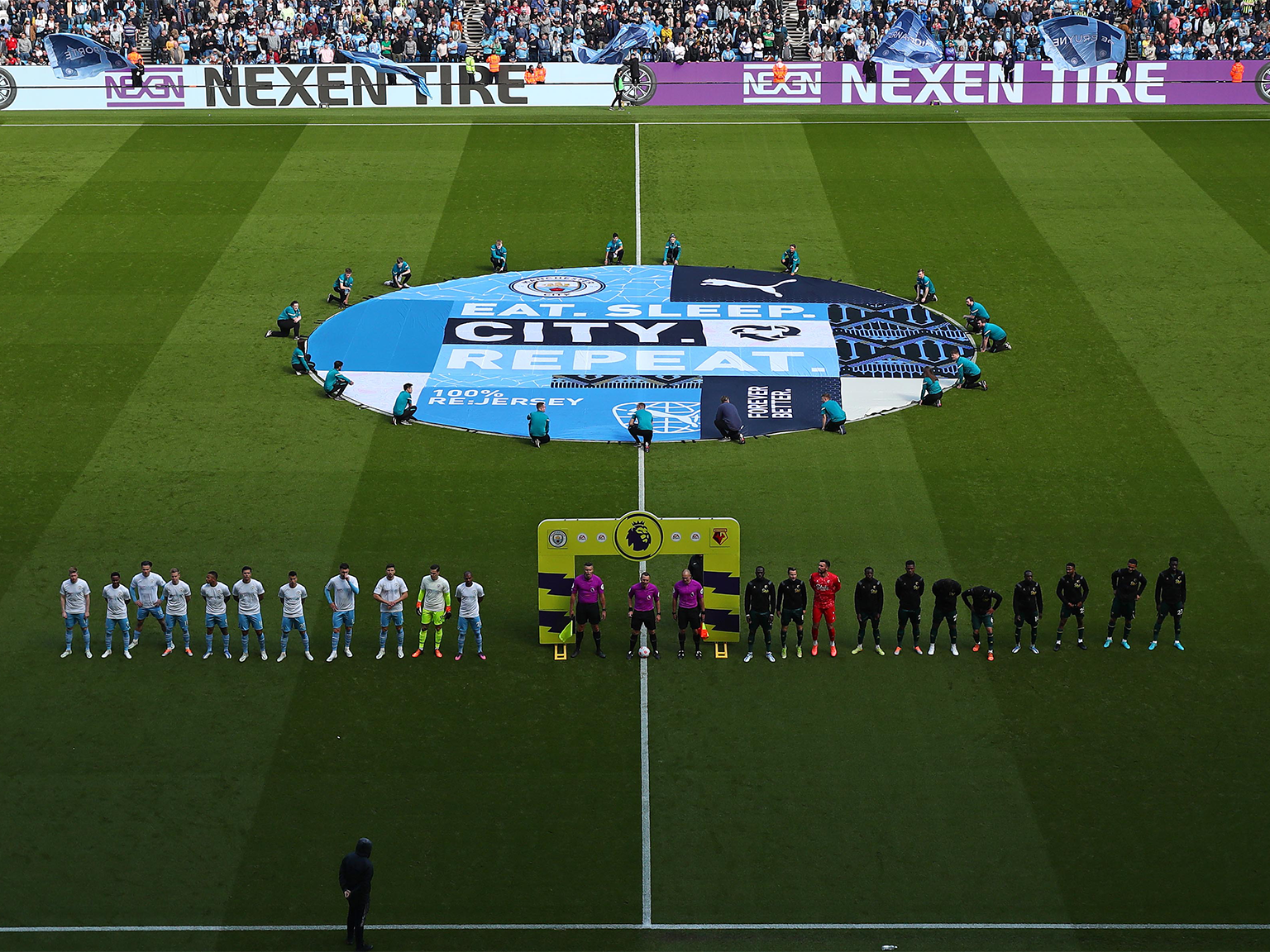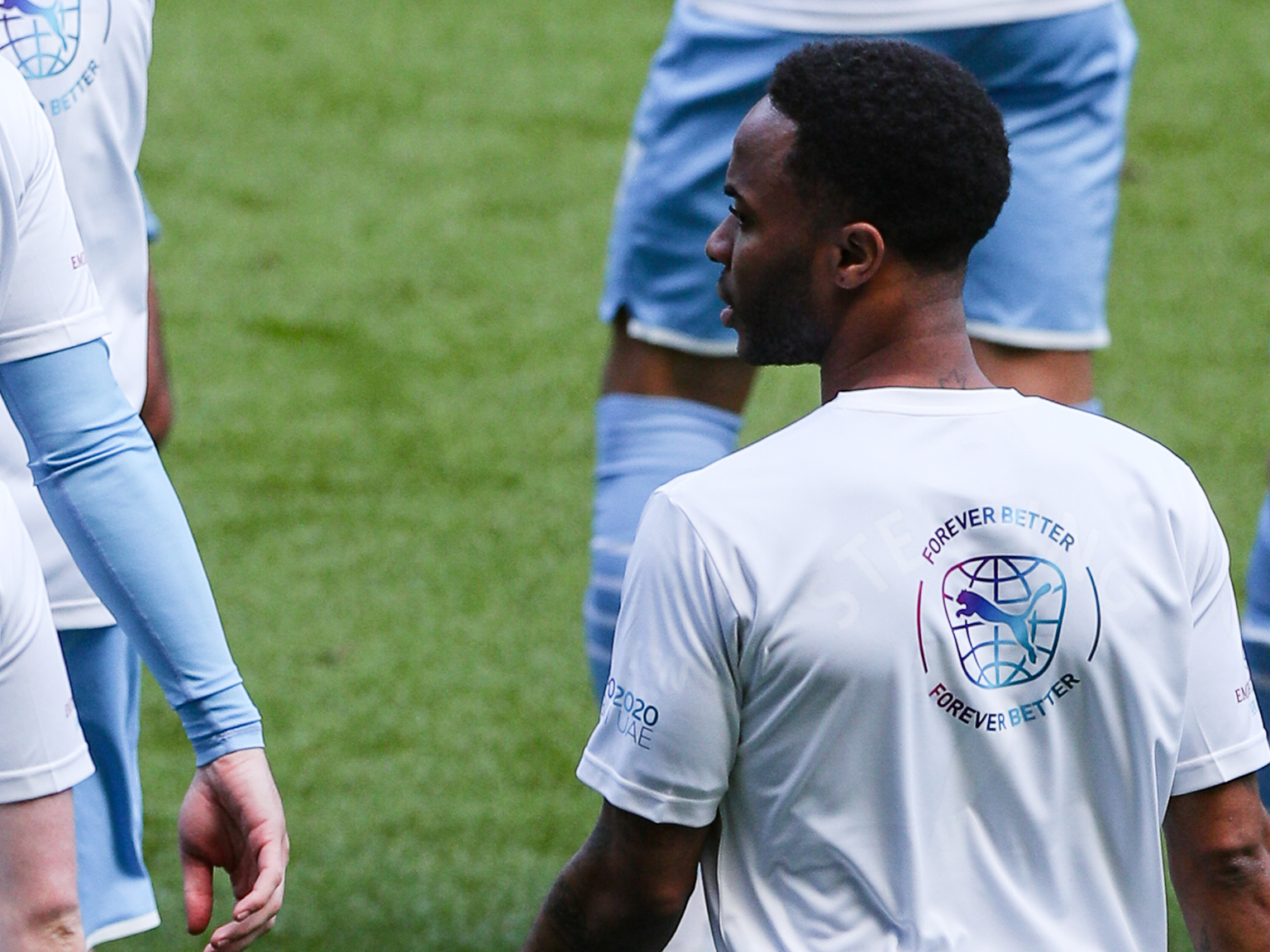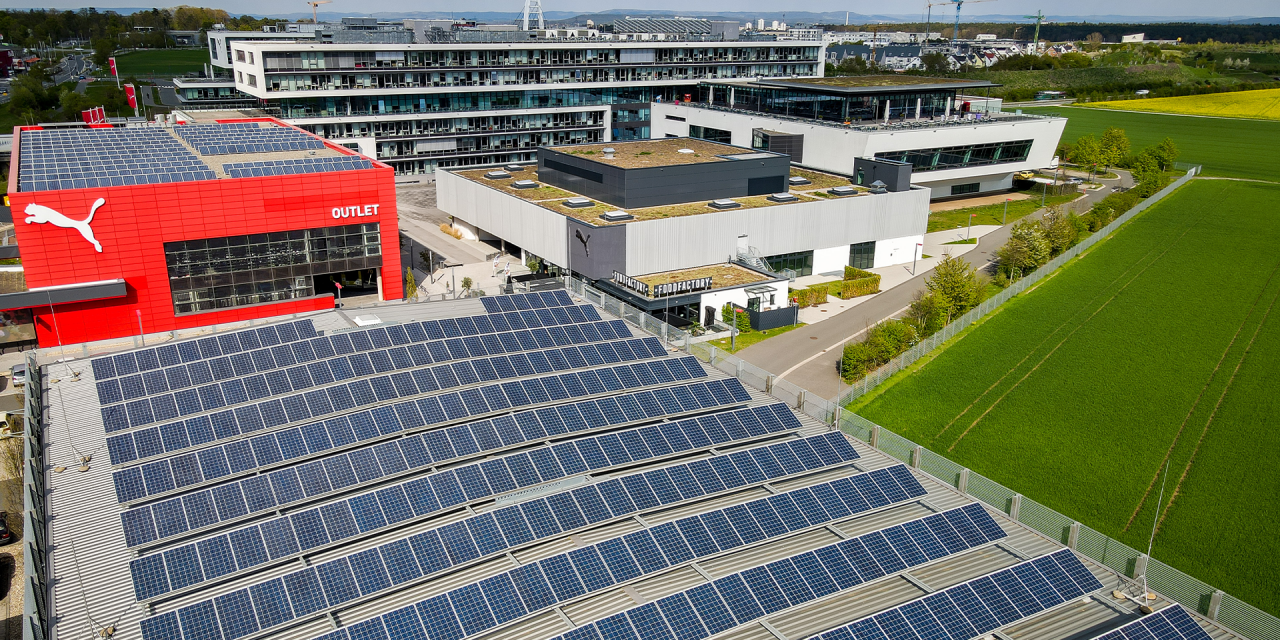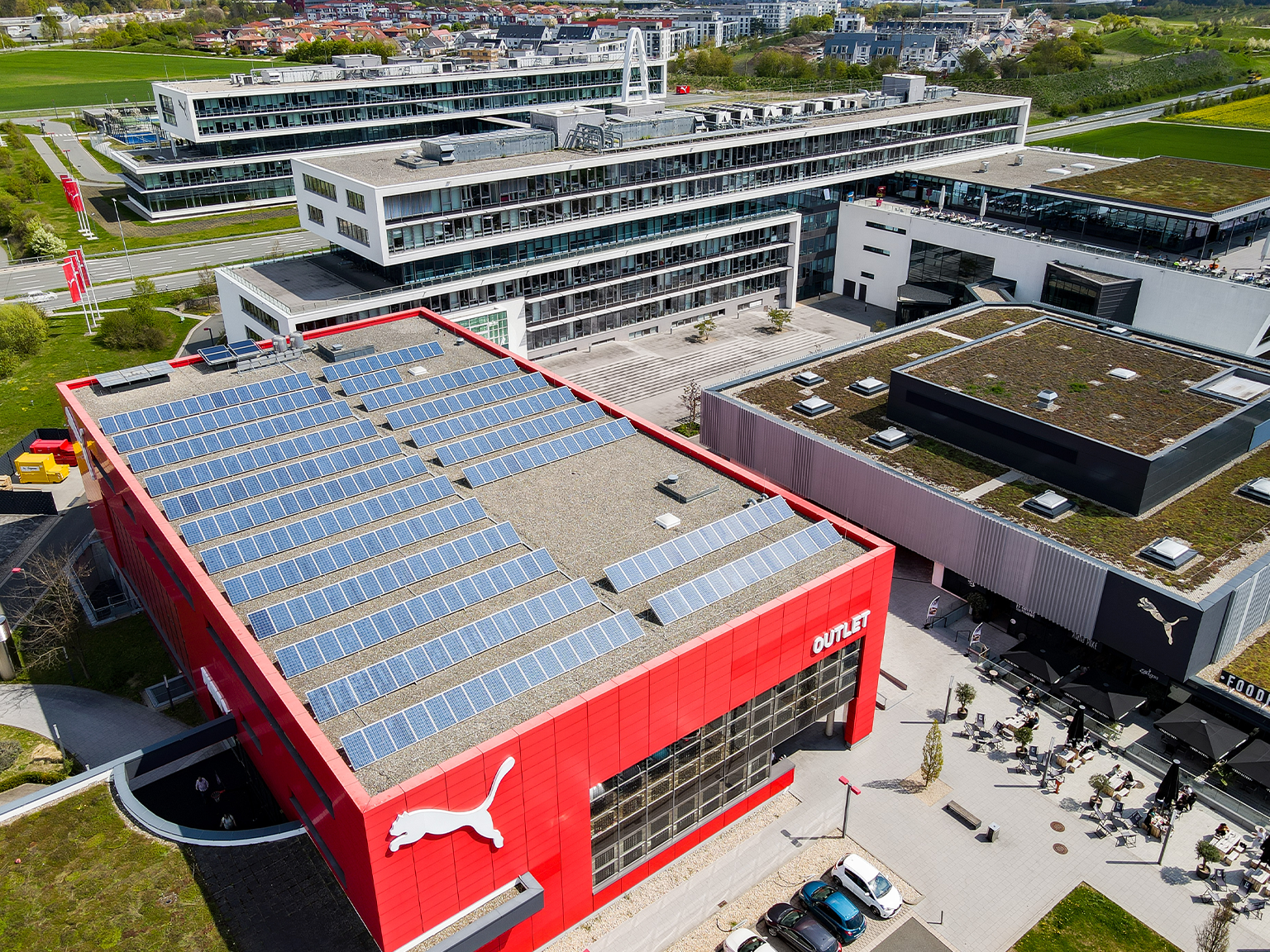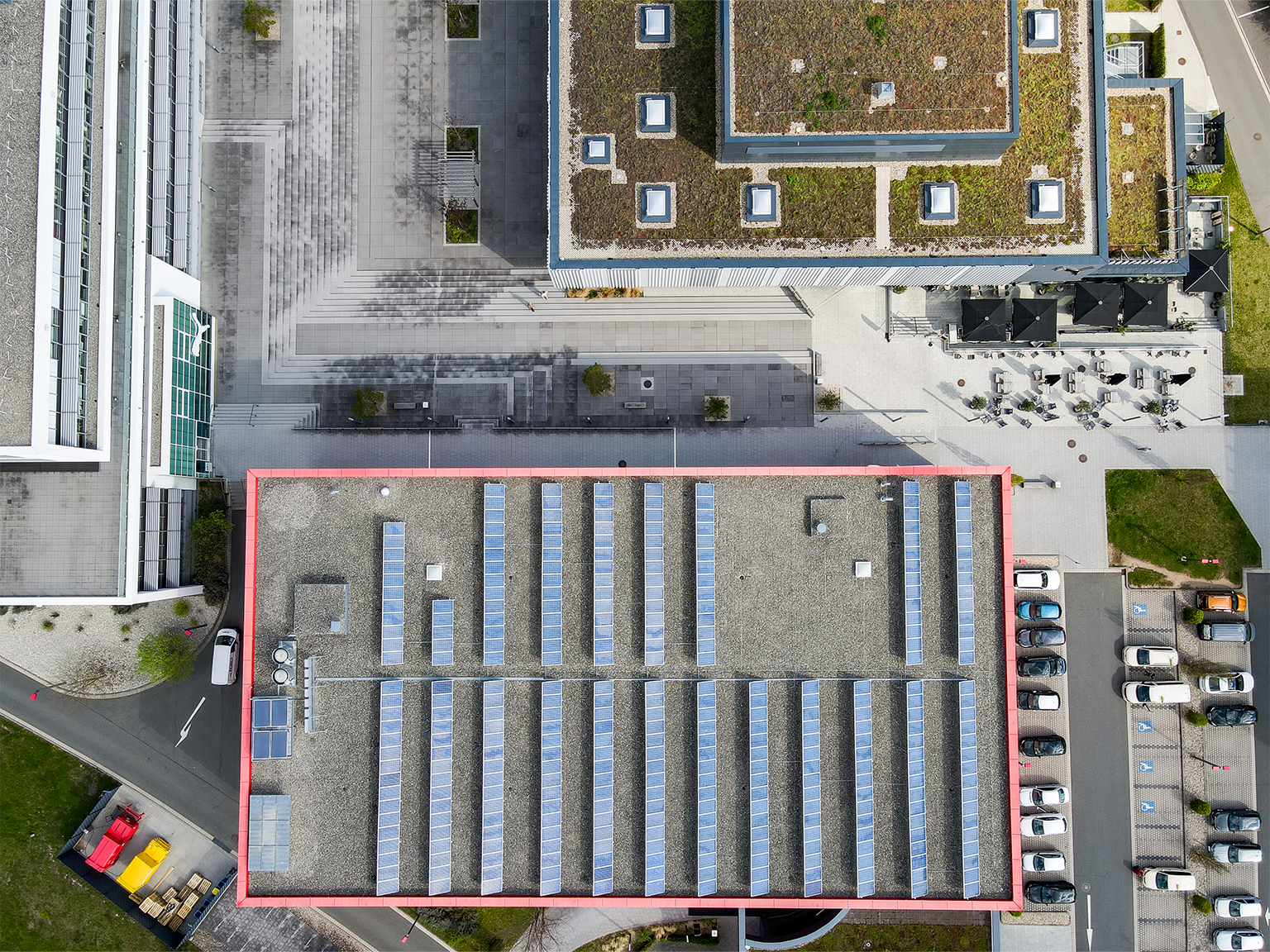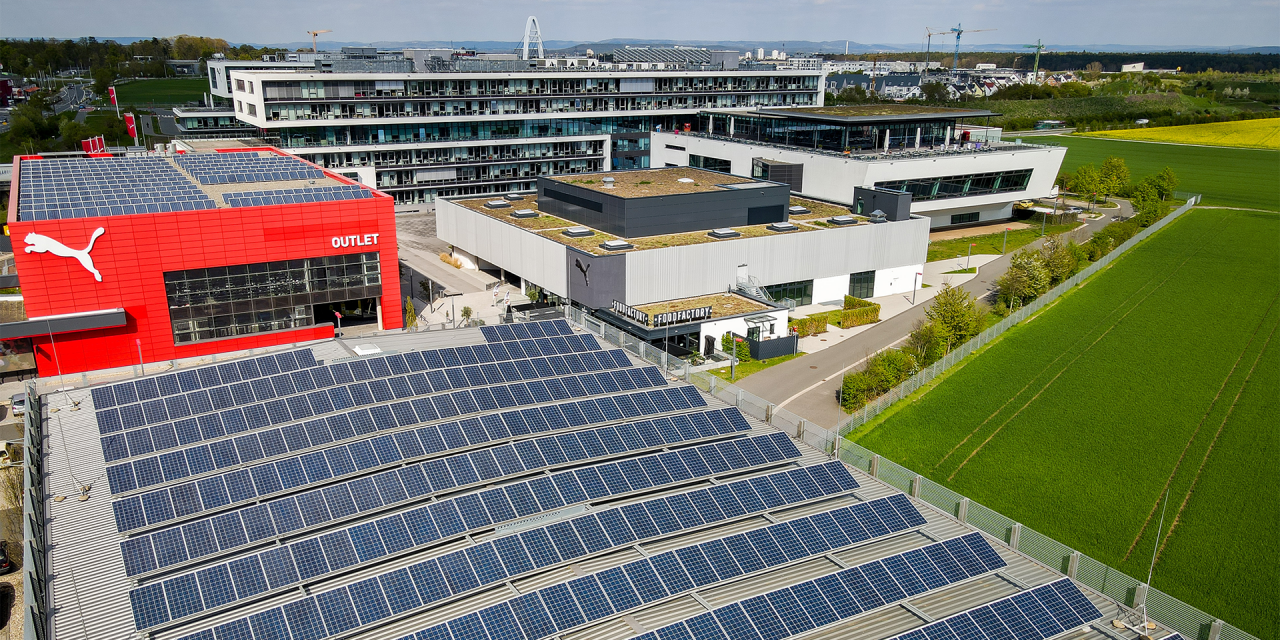By 2025, nine out of ten PUMA products will be made of more sustainable materials, as the sports company aims to make a positive environmental impact across its product range.
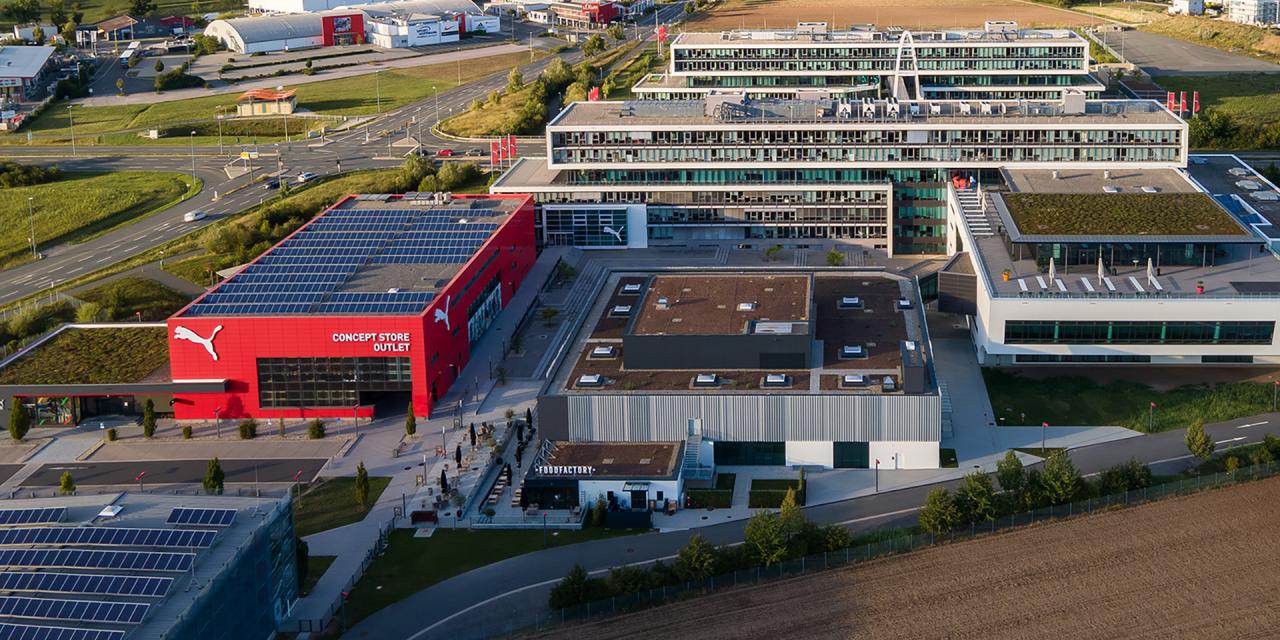
In 2020, PUMA already achieved an important milestone by sourcing 100% of the core materials used in its Apparel and Accessories, such as down, viscose and cotton, from more sustainable sources. Above 97% of other materials such as leather, polyester and cardboard also came from certified sources in 2020. This means that 5 out of 10 PUMA products were made from more sustainable materials last year.
By opting for such materials, PUMA reduces the amount of water and chemicals used in the production process compared to conventional materials. As a next step, PUMA will increase the amount of recycled materials in its Apparel and Accessories products and by 2025, 75% of the polyester used in these PUMA products will be from recycled sources. As part of this commitment, we joined the “Recycled Polyester Challenge” by global nonprofit organization Textile Exchange.
“In our sustainability strategy, we focus on making the largest possible positive impact, so our customers know that by buying a PUMA product, they buy a sustainably sourced product,” said Stefan Seidel, Head of Corporate Sustainability at PUMA. “We will continue to push hard to live up to our mission statement of being ‘Forever Better’.”
After establishing its first sustainability strategy more than 20 years ago, PUMA has set up a comprehensive list of targets, the 10FOR25, which seeks to make the company as a whole and its products more sustainable. The targets include commitments on topics such as climate, human rights, biodiversity and circularity.
In 2021, PUMA also launched several collections with a specific sustainability focus. PUMA sought to rethink waste with the ReGen collection, which is made from PUMA’s own waste material and other recycled materials: leather off-cuts, cotton off-cuts, and polyester made from recycled plastic. The Exhale collection, which was made together with model and climate activist Cara Delevingne, uses recycled polyester and offsets the carbon footprint.
The products of the First Mile collection, first introduced in 2020, use sustainable yarn made from recycled plastic. Through the recycling process, First Mile also creates jobs and strengthens micro-economies in Taiwan China, Haiti, and Honduras.
With these collections, as well as other ranges made from organic, recycled or vegan materials, PUMA shows its engagement to offer products made sustainably.


